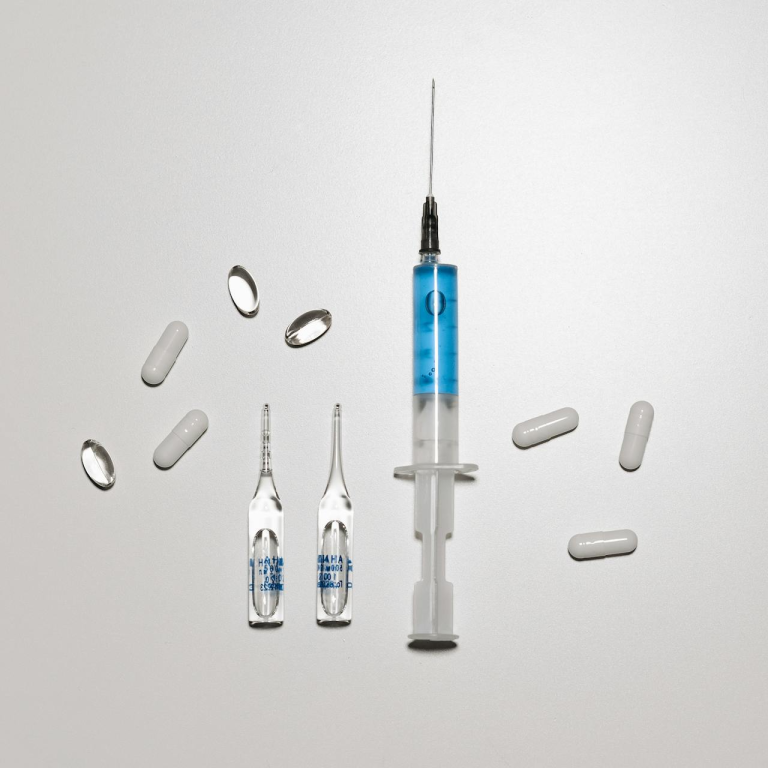Key Takeaways:
- Medicare Part D plays a crucial role in ensuring kidney transplant patients have access to necessary immunosuppressive medications.
- Understanding the enrollment process and eligibility for Medicare Part D can help patients maintain continuous coverage for their medication needs.
The Role of Medicare Part D in Kidney Transplant Medication Coverage
Medicare Part D is an essential component of the healthcare system, providing critical support to kidney transplant patients who require ongoing medication to prevent organ rejection. This article explores the benefits, coverage specifics, eligibility requirements, and the importance of maintaining continuous coverage through Medicare Part D for transplant patients.
Medicare Part D: Benefits for Kidney Transplant Patients
Medicare Part D is designed to help cover the costs of prescription medications, which is vital for kidney transplant patients who need lifelong immunosuppressive drugs to prevent their bodies from rejecting the transplanted organ. These medications are essential to ensure the longevity and success of the transplant, making Part D a lifeline for many patients.
Medicare Part D plans offer various benefits, including:
- Comprehensive Drug Coverage: Part D plans cover a wide range of prescription medications, including essential immunosuppressive drugs needed by kidney transplant recipients.
- Access to Preferred Pharmacies: Many Part D plans have networks of preferred pharmacies, which can offer reduced costs for medications.
- Financial Assistance Programs: Patients may qualify for additional financial assistance programs, such as Extra Help, which can lower out-of-pocket costs for medications.
Coverage for Immunosuppressive Medications
One of the critical aspects of Medicare Part D for kidney transplant patients is the coverage of immunosuppressive medications. These drugs are necessary to suppress the immune system and prevent it from attacking the transplanted kidney. Without these medications, the risk of organ rejection increases significantly, which can lead to severe health complications or the need for another transplant.
Under Medicare Part D, the following types of immunosuppressive drugs are typically covered:
- Calcineurin Inhibitors: Such as cyclosporine and tacrolimus, which are commonly prescribed to prevent organ rejection.
- Antiproliferative Agents: Such as mycophenolate mofetil and azathioprine, which help reduce the immune response.
- mTOR Inhibitors: Such as sirolimus and everolimus, which also play a role in preventing organ rejection.
- Steroids: Such as prednisone, which are often used in combination with other immunosuppressive drugs.
Medicare Part D ensures that kidney transplant patients have access to these crucial medications, but it’s important for patients to be aware of their specific plan’s formulary, which lists covered drugs, to ensure their medications are included.
Eligibility and Enrollment for Part D
Understanding the eligibility and enrollment process for Medicare Part D is essential for kidney transplant patients to maintain continuous coverage for their medications. Here are the key points:
- Eligibility: Individuals eligible for Medicare Part A or enrolled in Medicare Part B can join a Medicare Part D plan. Kidney transplant patients who receive Medicare because of End-Stage Renal Disease (ESRD) are included.
- Enrollment Periods: Patients can enroll in a Part D plan during their Initial Enrollment Period (IEP), which begins three months before their 65th birthday and ends three months after. There are also Annual Enrollment Periods (AEP) from October 15 to December 7 each year, during which beneficiaries can switch or enroll in a Part D plan.
- Special Enrollment Periods (SEP): Kidney transplant patients may qualify for a SEP if they lose other credible drug coverage or move out of their plan’s service area.
It is crucial for patients to enroll promptly and avoid lapses in coverage to ensure they have continuous access to their necessary medications.
Ensuring Continuous Coverage Post-Transplant
Continuous coverage for immunosuppressive medications is vital for the health and well-being of kidney transplant patients. A lapse in medication can lead to organ rejection, which can be life-threatening and costly. Here are some strategies to ensure continuous coverage:
- Regularly Review Plan Options: Patients should review their Medicare Part D plan annually during the AEP to ensure their current plan still meets their needs and covers all necessary medications.
- Stay Informed About Formulary Changes: Insurance companies may change their formulary lists annually, so patients should stay informed about any changes that could affect their medication coverage.
- Utilize Financial Assistance Programs: Programs like Extra Help can significantly reduce the cost of medications, ensuring patients can afford their prescriptions.
- Work with Healthcare Providers: Patients should maintain open communication with their healthcare providers to ensure they are prescribed medications covered by their Part D plan and to explore alternatives if necessary.
By taking these proactive steps, kidney transplant patients can ensure they have continuous coverage for their immunosuppressive medications, safeguarding their health and the success of their transplant.
Important Considerations
Kidney transplant patients must navigate the complexities of Medicare Part D to maintain access to essential medications. Here are some important considerations:
- Cost Management: Understanding the cost structure of Part D plans, including premiums, deductibles, and copayments, can help patients manage their expenses effectively.
- Coordination with Other Insurance: Patients with additional insurance coverage, such as employer-sponsored plans or Medicaid, should coordinate benefits to maximize coverage and minimize out-of-pocket costs.
- Advocacy and Support: Engaging with patient advocacy groups and utilizing resources from organizations like the National Kidney Foundation can provide additional support and information.
Ensuring access to necessary medications is a collaborative effort between patients, healthcare providers, and insurance plans. By staying informed and proactive, kidney transplant patients can maintain their health and quality of life.
Safeguarding Your Health
Maintaining continuous coverage for immunosuppressive medications through Medicare Part D is crucial for kidney transplant patients. By understanding the benefits, eligibility requirements, and enrollment processes, patients can ensure they have access to the medications they need to prevent organ rejection and maintain their health.
Patients should regularly review their plan options, stay informed about formulary changes, and utilize financial assistance programs to manage costs. Working closely with healthcare providers and leveraging support from advocacy groups can further enhance their ability to navigate the complexities of Medicare Part D.
By taking these steps, kidney transplant patients can safeguard their health and the success of their transplant, ensuring a better quality of life and long-term well-being.
Contact Information:
Email: [email protected]
Phone: 7575553456











